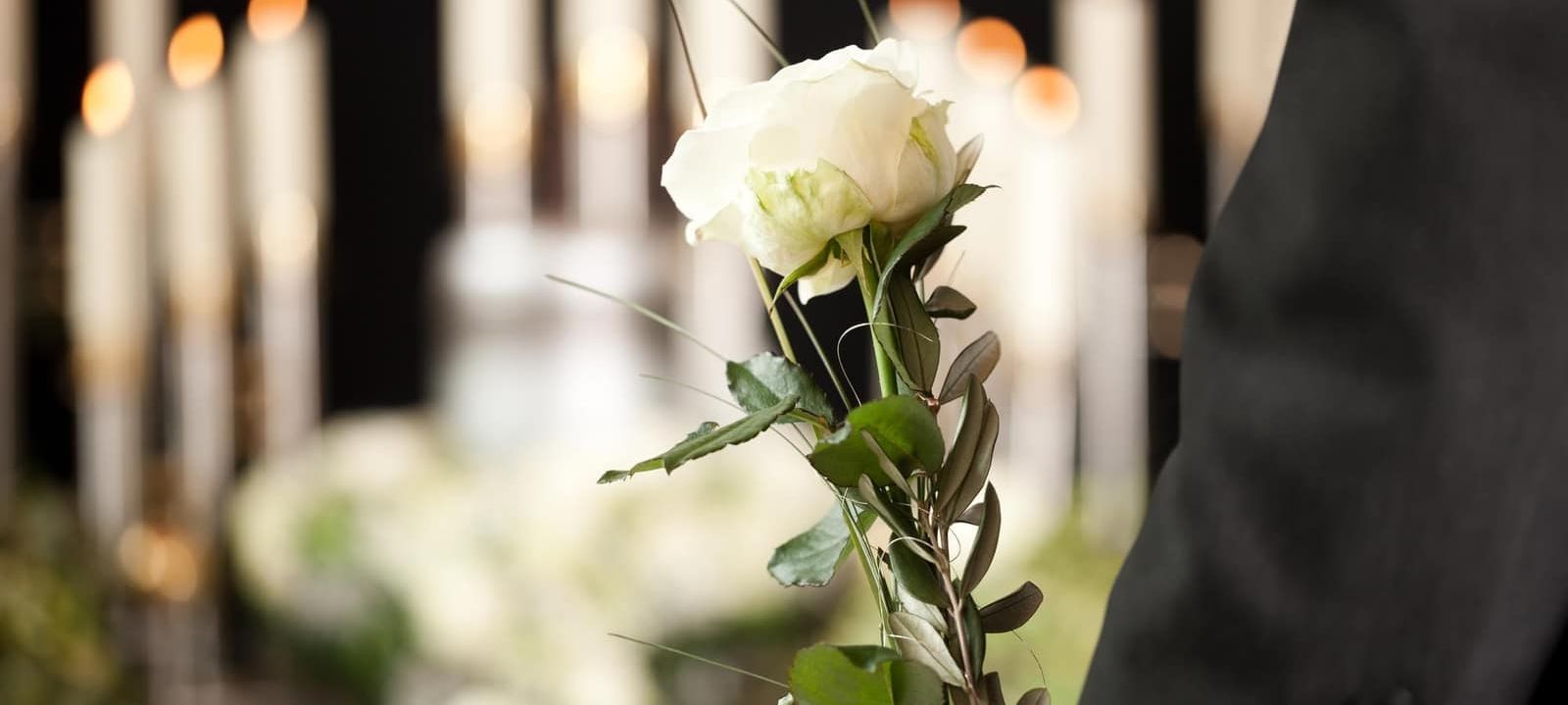Etiquette
Funeral Etiquette
For those planning a funeral for a loved one, or if you are attending a service for a family member or friend, here are some explanations of terms and situations you may find yourself having to address.
The Funeral
Is a ceremony for those who grieve. It provides an opportunity for family and friends to express their love, respect, grief, and appreciation for a life that has been lived. It permits facing openly and realistically the crisis death presents. Through the funeral we take that first step toward healing and adjustment to our loss.
The Funeral Service
Is to be conducted for the deceased is specified by the family. Our funeral directors are trained to assist families in creating personal, meaningful, and unique services. The presence of friends at this time is an acknowledgement of friendship, love, and support. It is helpful to friends and the community to have an obituary notice published announcing the death and type of service to be held. The type of service may be determined by somebody’s religious preference. Each religion has there own rites and traditions. There are also options for non-religious or humanist services.
- A Private Service is by invitation only and may be held at a place of worship, funeral home, or a family home. Usually, selected relatives and a few close friends attend the private funeral service. Visiting hours are still an option. Typically, we discourage the idea of a private service because the people attending any funeral service care about and know the deceased.
- A Memorial Service is a service without the deceased present and can vary in ceremony and procedures. Some families prefer public visitations followed by a private or graveside service with a memorial service later at the church or funeral home.
Pallbearers
Are the friends and/or relatives asked to carry a loved one’s casket at the place of service. This is to be considered a great honor and should be undertaken with the utmost respect. Because safety is a top priority, we recommend people with a strong back. Some families may prefer to use our team of professional funeral bearers.
Honorary Pallbearers
Are pallbearers who are unable to actively carry the casket. They would escort the casket down the aisle of a church or service place.
A Eulogy or Remembrance
Is a speech given by a member of the family or a close friend that offers praise and celebrates the life of the person who has lived. The family is responsible for making this decision.
Funeral Procession / Cortege
Takes place when the funeral ceremony and the burial are both held within the local area, as friends and relatives accompany the family to the cemetery. The procession is formed at the place of service. The funeral director can advise you of the traffic regulations and procedures to follow while driving, as you must always use caution while driving in a procession.
Visitation / Wake
Provides a time and place for friends to offer their expression of sorrow and sympathy, and you may come to the funeral home at any time during the published hours of the day or evening to pay respects. Your presence is a powerful statement that you care. Friends and relatives are requested to sign the register book. A person’s full name should be listed. If the person is a business associate it is proper to list their affiliation, as the family may not be familiar with their relationship to the deceased.
Acknowledgements
should be sent by the family to acknowledge the flowers and messages sent by relatives and friends. When food and personal services are donated, these thoughtful acts also should be acknowledged, as should the services of the pallbearers. Keohane offer a wide selection of cards for this use. When the sender is well known to the family, a short personal note should be written on the acknowledgment card expressing appreciation for a contribution or personal service received. The note can be short, such as “The food you sent was so enjoyed by our family. Your kindness is deeply appreciated.”
Children at Funerals
Should be given the option to attend visitation and the funeral service. The funeral director can advise you on how to assist children at the time of a funeral and can provide you with additional information and literature.
Condolences
Can be in the form of a phone call, sympathy card, personal letter, flowers, or online condolence message and are always appreciated by the family. The most important condolence you can offer a grieving family is your presence during the services, which is more powerful than what words can say.
- Flowers are a very appropriate way of expressing sympathy to the family of the deceased. Flowers express a feeling of life and beauty and offer comfort to the family. A floral tribute can either be sent to the funeral home or the residence. If sent to the residence, usually a planter or a small vase of flowers indicating a person’s continued sympathy for the family is suggested. The florist places an identification card on the floral tribute. At the funeral home, the cards are removed from the floral tributes and given to the family so they may acknowledge the tributes sent. We suggest sending flowers from Clifford’s.
- Mass Cards can be sent either by Catholic or non-Catholic friends. The offering of prayers is a valued expression of sympathy to a Catholic family. A card indicating that a Mass for the deceased has been arranged may be obtained from a Catholic parish. The Mass offering card or envelope is given to the family as an indication of understanding, faith, and compassion. Make sure that your name and address is legible. This will make it easier for the family to acknowledge your gift.
- Memorial Donations are a contribution made in a person’s memory to a specific cause or charity. The family will often designate a charity that is meaningful to them. When making a contribution, make sure that the charity will notify the family with you name and address. If they don’t, then send a card to the family notifying them of your contribution.
- Sympathy Cards are an appreciated gesture, even if you are only an acquaintance. The card should be in good taste and in keeping with your relationship to the family of the deceased. An expression such as “I’m sorry to learn of your personal loss” is usually welcomed.
- Personal Notes of sympathy are very meaningful. Express yourself openly and sincerely.
- Telephone Calls give you an opportunity to offer your support and let them know you really care. If they wish to discuss their loss, don’t hesitate to talk with them about the deceased. Be a good listener!


